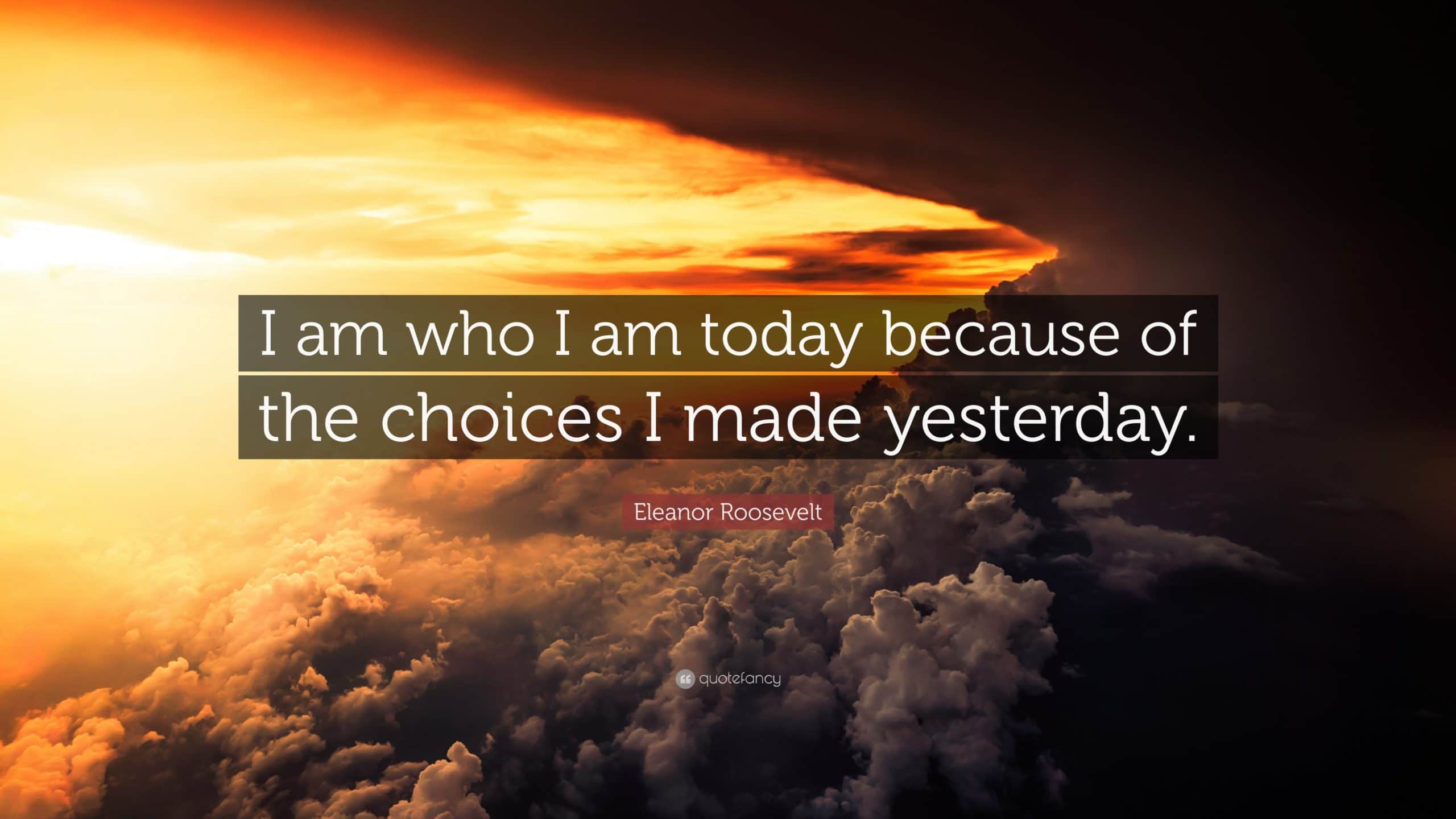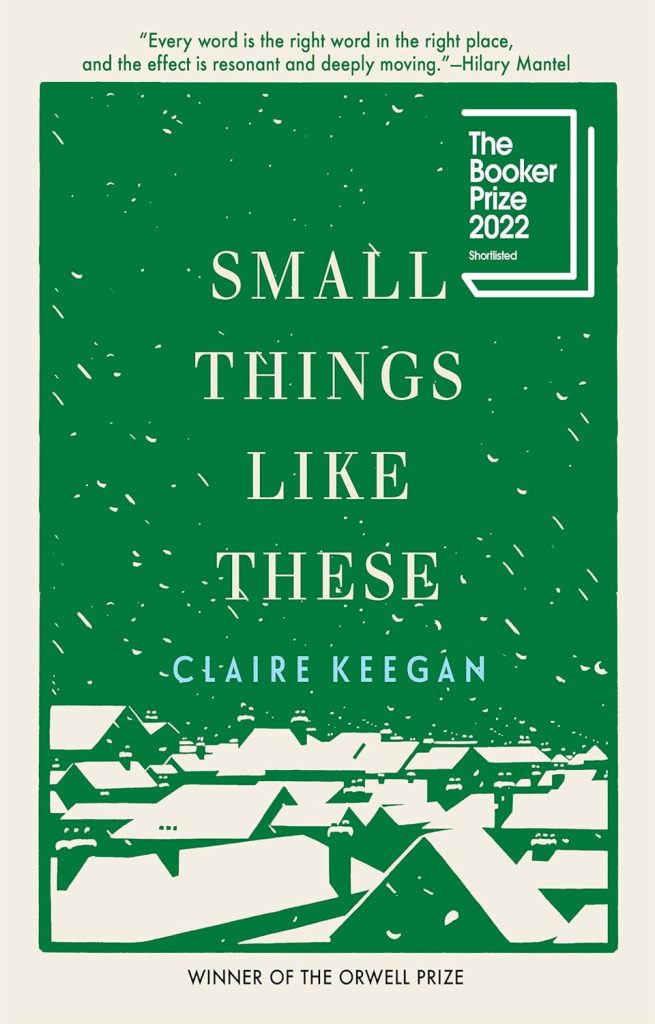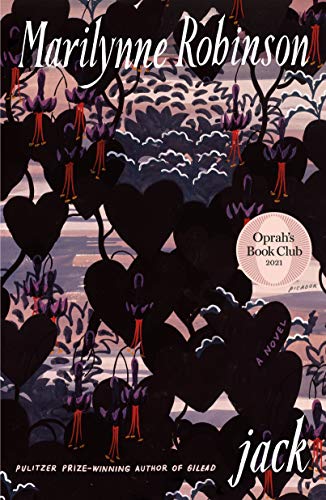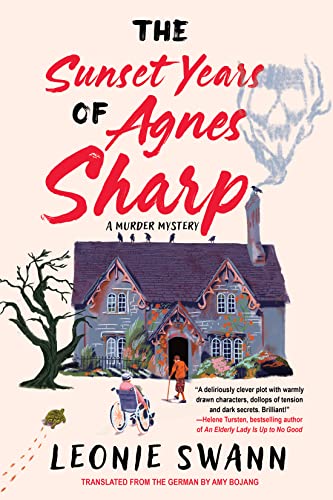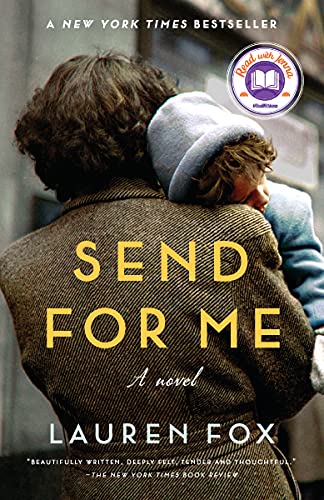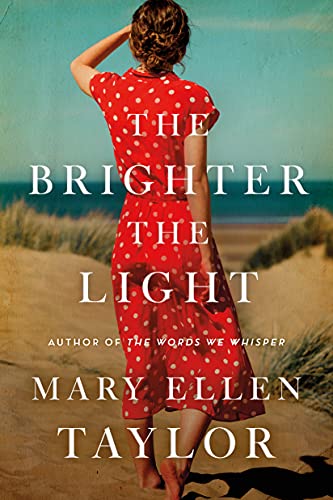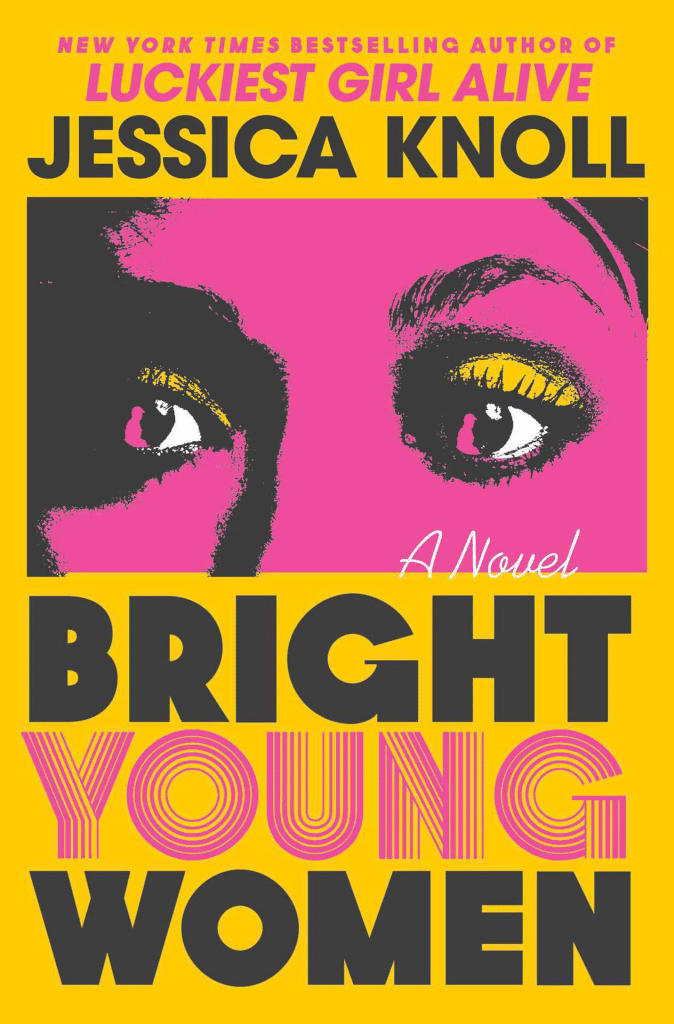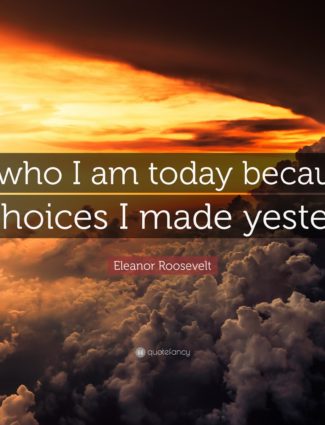
Who Am I Today?
Estimated reading time: 0 minutes, 41 seconds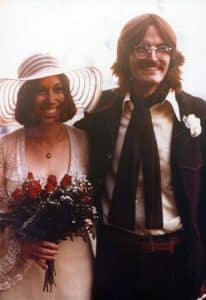 In our lifetime, we are many people because life is not static. We are dynamic, like Ida’s rain-flooded Rahway River in Cranford.
In our lifetime, we are many people because life is not static. We are dynamic, like Ida’s rain-flooded Rahway River in Cranford.
We are often asked to remember the most important person in our lives.
Jan has been and always will be my answer. Her love transformed my life. If we had not met and fallen in love, I would not be who I am today.
A year into grief, the forces of life continue to transform me. Whoever I become will be because of Jan’s love; she will always be with me.
I receive a commission when you buy a book or product using a link on this page. Thank you for supporting Sharing Jan’s Love blog.


